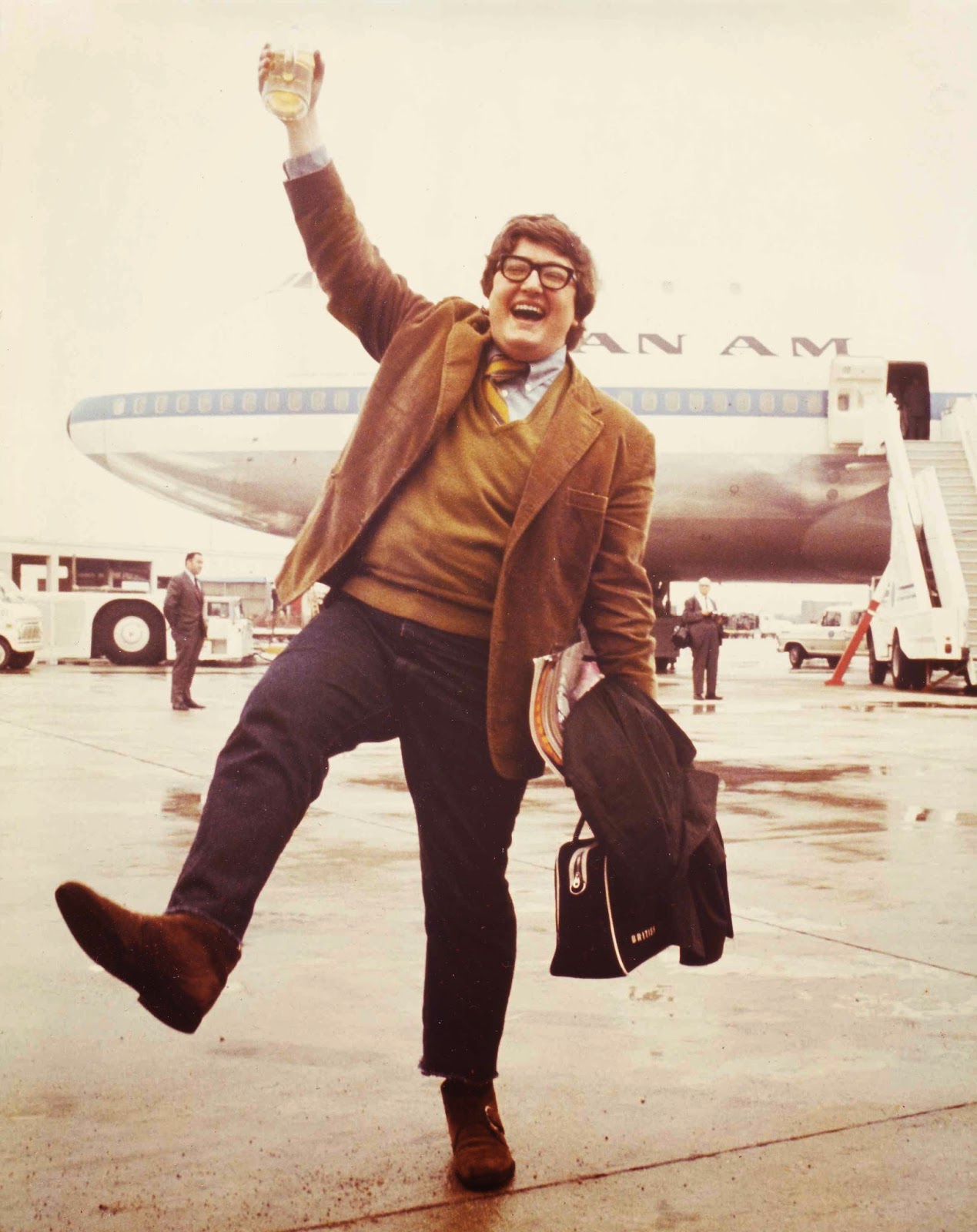Over the last 25 years, I've done grief counseling with many individuals who've lost their life partner. It's made me reflect on all that is to be learned from a strong, long-term marriage. If only we could each take a lesson on love from people who've endured such a loss.
I was touched by this short video clip of English singer/songwriter Jamie Lawson of his song, Wasn't Expecting That. This sweet song sets the right tone for focusing on appreciating your partner while you can. Whether you have 10 years together or 60, the same rules apply. Here are a few of the things I've learned from individuals and couples over the years about making your partnership extraordinary:
1. Don't sweat the small stuff. Most stuff in daily life is the small stuff. Don't be petty. Exercise more restraint instead.
2. Be fun to live with. Dr. Phil asked people on his show, "How much fun are you to live with?" Choose to be a beneficial presence in your relationship and your family, not difficult or cranky.
3. Stay curious about your partner. Don't assume things. Each of you keeps growing and changing, so you will never fully know each other. Enjoy the ever evolving mystery.
4. Express your feelings.
5. Be strong enough to be vulnerable. Own it when you are feeling needy, tired, moody, worried, sad or difficult.
6. Ask for what you really, really want. Don't settle for a mediocre relationship.
7. Follow through. Do what you say you will be doing. Show your partner they can trust you because you live life in an honorable way.
8. Express your gratitude.
9. Treat your partner even better than you do your dearest friends.
10. Make yourself available to spend time together. Enjoy high energy fun together.
11. Freely admit when you mess up.
12. Share in life's work. Don't under-function at home so that your partner feels burdened and overwhelmed. Many tasks are more fun together, like cooking, gardening, or washing dishes.
13. Protect your relationship by setting clear boundaries. Don't confide in friends or family about your relationship concerns. Be brave and go direct, or go together to couples counseling with an emotionally focused therapist if you get stuck. Don't keep secrets that could jeopardize your relationship.
14. See the good in your partner. Shine a light on it. Comment on it. There are numerous studies that show that the happiest couples see each other in a consistently favorable light, even better than they are. Try to see your partner's good intentions when possible. Don't be the critic. Build up and encourage your partner's best self when you see it.
15. Try to see it their way. I'm always encouraged with people in couples counseling when they can demonstrate genuine empathy for how their partner might be feeling. There are often several right perspectives on things, not just yours. Demonstrating empathy and compassion for your partner is a sign of emotional maturity. It means you can transcend self.
16. Use loving touch and affection. Hug and kiss hello and goodbye each day. These are part of the thousand little threads of connection between you. Cuddle. Hold hands. Give your partner a backrub when they are stressed. Both men and women like to have their partner initiate affection, so don't get stuck in gender roles on this one. Call each other when you are apart. Write love letters.
17. Don't get so wrapped up in raising the children that you forget the sacredness of spending some time focusing on just the two of you.
18. Take responsibility for making yourself interesting and happy and splashing it out on your partner. Don't expect your partner to make you happy. It's an inside job.
19. Learn to disagree respectfully. It's been said that every marriage has a couple unsolvable problems, and what counts is how you discuss it. Fight fairly. You each have your own brain and will see some things differently. This is normal.
20. Embrace your differences. You are different people and we raised in different families with their own patterns and traditions. You will likely have unique interests. This keeps the relationship interesting, especially if you support each other's individual interests. Actor Paul Newman and actress Joanne Woodward were a great example of this. She loved the ballet while he liked to race cars as a hobby. They loved each other deeply for 50 years before Paul's death, but could individuate from each other.
Life goes very quickly. We are each more fragile than we realize. Make it your intention to really focus, breathe and take in the joy of day to day life with your partner and your family. Like in the Jamie Lawson song, it will end one day when you don't expect it. Go for an extraordinary relationship starting today.You want to ensure that you have wonderful, sweet memories left behind. Splash some love and happiness around generously now while you can.






